Navigating negligence law in Las Vegas can seem hard.
This is especially true when you’re about to hire a personal injury attorney for your case.
This guide aims to make a prima facie case of negligence less mysterious. It lays out the crucial elements you need to understand and prepare for.
You may be dealing with the aftermath of a car accident or a slip-and-fall. Or, any situation where you believe someone else’s carelessness harmed you.
This article is your starting point for seeking justice.
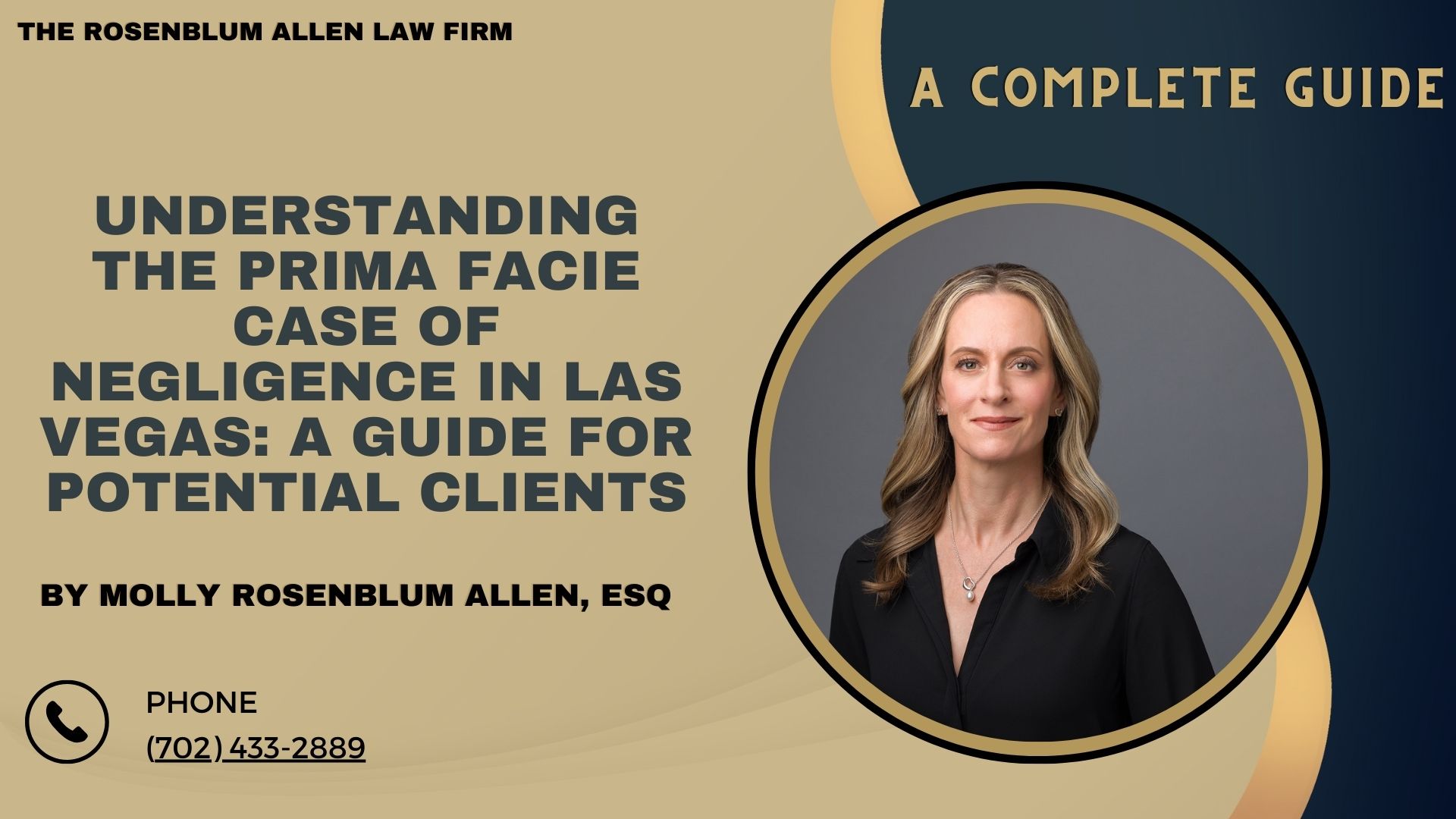
Introduction
Unfortunately, accidents and injuries are common in the bustling streets of Las Vegas. The law waits to unravel a story of negligence behind every accident. Understanding the core of a prima facie negligence case is the first step. It is key to holding someone accountable for their actions—or inactions—that led to your injury. This introduction will light the way. It will offer clarity and direction. It will help as you navigate the complexities of personal injury law in Las Vegas.
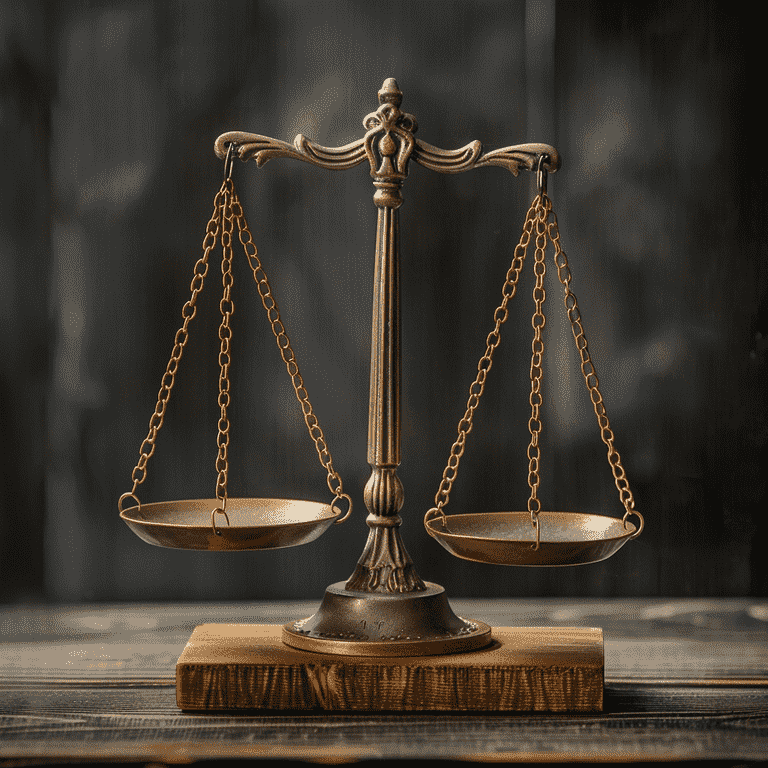
What is a Prima Facie Case of Negligence?
Let’s start with the basics before diving into the legal battles and courtrooms. You start with a prima facie case of negligence. It shows that someone else’s lack of care caused your injury. It’s like the opening move in a chess game, setting the stage for your pursuit of compensation.
Definition and Legal Significance
Definition: A prima facie case is established when you can show enough evidence to prove negligence, even before the opposing party presents their defense. It’s your way of saying, “Here’s proof that you didn’t do what you were supposed to, and it hurt me.”
Legal Significance: Establishing a prima facie case is crucial in Las Vegas. It shifts the burden of proof to the defendant. It compels them to show they weren’t negligent.
Components of a Prima Facie Case
You must prove four key things to build your negligence claim.
Duty of Care: The defendant was legally obliged to act a certain way towards you.
Breach of Duty: The defendant failed to meet that obligation.
Causation: The defendant’s breach of duty directly caused your injury.
Damages: You suffered actual harm or loss as a result.
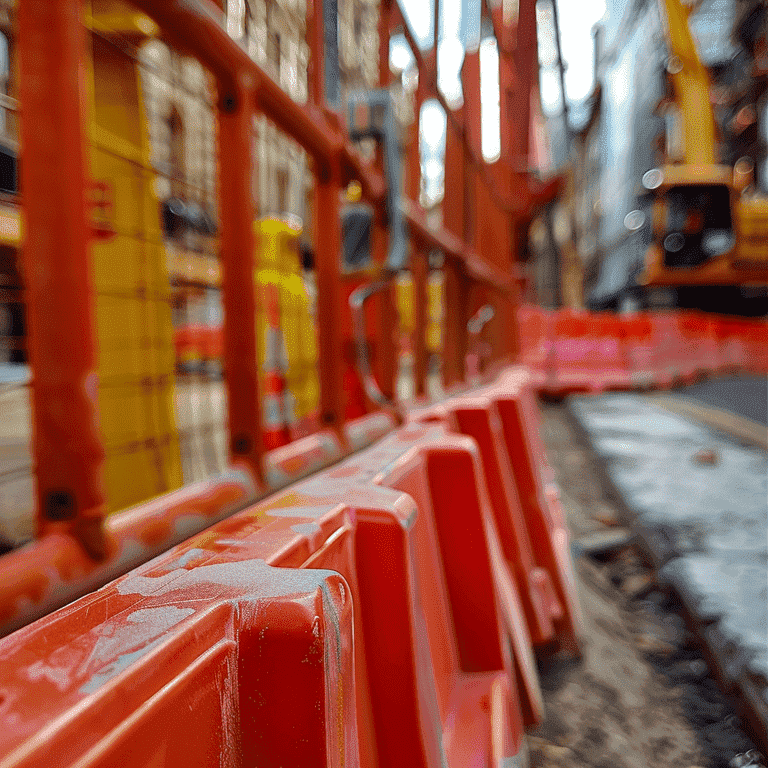
Establishing Duty of Care
The duty of care is like our responsibility. We all have it to avoid harming others through our actions or inactions. In Las Vegas and other parts of the country, this legal obligation varies. It depends on the relationship between the parties and the situation.
Understanding Duty of Care
General Principle: Everyone must act reasonably to avoid causing harm to others. For example, drivers must follow traffic laws to prevent accidents.
Specific Scenarios: In certain situations, the law imposes specific duties. For instance, business owners must keep their premises safe for customers.
Examples of Duty of Care in Different Scenarios
Drivers: Must drive safely, obey traffic laws, and be aware of pedestrians and other vehicles.
Business Owners Must ensure their premises are free from hazards that could cause injury to visitors.
Medical Professionals: Must provide a standard of care that a reasonably competent health care professional would under similar circumstances.
Relevance to Las Vegas Residents
Las Vegas residents must understand the duty of care. This is critical, especially given the city’s bustle. It is pivotal to know how duty of care applies. This is true if you are navigating crowded sidewalks. It’s also true if you are going to casinos or dealing with heavy traffic. It can help identify negligence after an accident.
This guide segment provides a foundation for understanding the prima facie negligence case. It’s a starting point for anyone looking to hold another party accountable. They are at fault for their negligence in Las Vegas. As we delve deeper into the other components, remember: each one is critical. They are key to proving negligence and achieving justice.
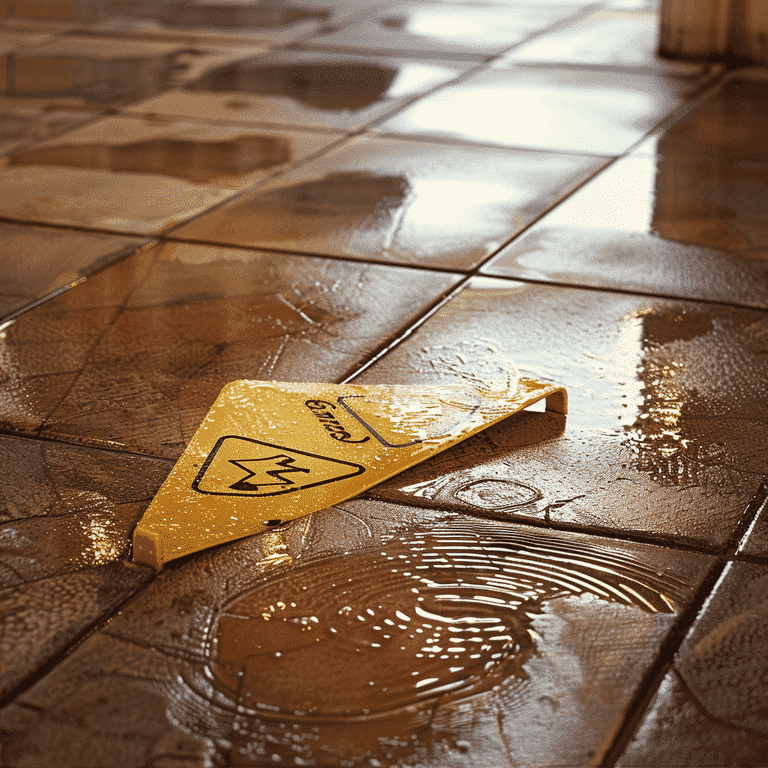
Breach of Duty
Imagine entering a store where someone has just mopped the floor, and there’s no sign warning you about it. You slip, fall, and injure yourself. This scenario illustrates a breach of duty. The store was responsible for warning you about the wet floor, but they failed to do so. Las Vegas is bustling. The pace never slows. Understanding what is a breach of duty is essential. It helps you see when you might have a negligence case.
What Constitutes a Breach of Duty?
A breach of duty occurs when someone fails to meet their legal obligation. This obligation is to ensure the safety or well-being of others. This can happen through:
Negligent actions: Doing something a reasonable person would not do.
Negligent omissions: Failing to do something a reasonable person would do.
Common Examples of Breaches in Negligence Cases
Driving above the speed limit: A clear breach of the duty to drive safely.
Failing to repair a known hazard, Like a broken staircase in a public building.
Ignoring safety protocols: For example, not securing a construction site properly.
Assessing Breach of Duty in Las Vegas Negligence Cases
In Las Vegas, the vibrant nightlife and bustling tourist spots create unique circumstances. Breaches of duty might not be so straightforward there. For example, a casino failing to address a spill on the floor promptly could lead to a slip-and-fall case. We must evaluate if a breach of duty happened. This involves looking at the defendant’s actions. We compare them to what a reasonable person would have done in the same situation.
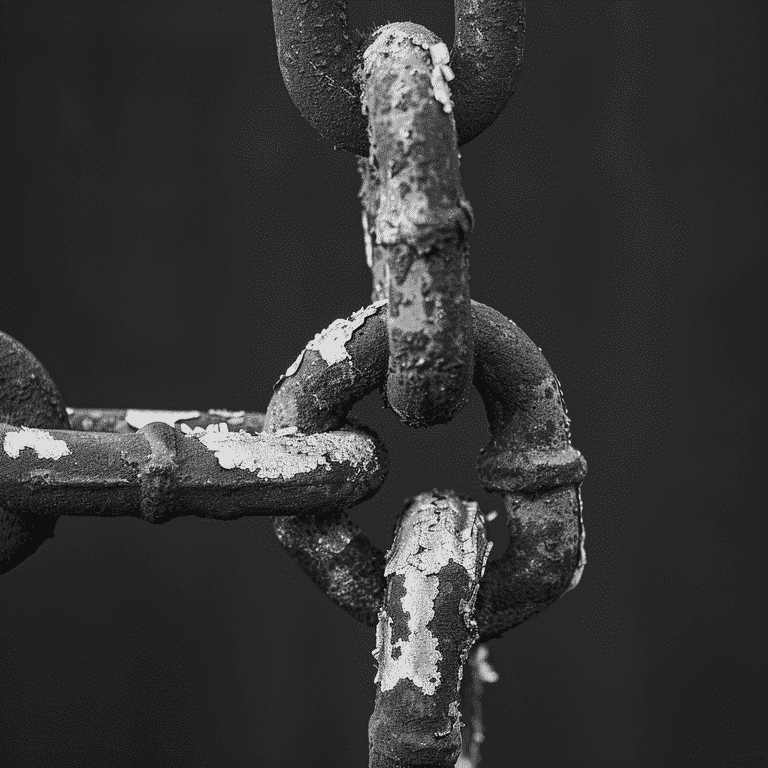
Causation in Fact
Establishing causation is like connecting dots. You connect dots between the defendant’s breach of duty and your injury. It’s about showing a direct link. Your injury wouldn’t have happened without the defendant’s negligence.
Explaining Causation in Personal Injury Cases
In injury law, we split causation into two parts. There is causation in fact and proximate cause. Causation concerns whether the defendant’s actions directly led to your injury.
Proving Causation in Las Vegas Negligence Claims
To prove causation in fact in Las Vegas, you’ll need to demonstrate that:
But your injury would not have occurred for the defendant’s breach of duty.
There is a direct link between the breach of duty and your injury.
This might involve collecting evidence. This evidence includes things like surveillance footage, witness statements, and expert testimony. Building a strong case relies on their use.
Challenges in Establishing Causation
Proving causation is hard. You must show how the defendant’s actions caused your injury. This means breaking down complex event sequences. In a city like Las Vegas, multiple factors can cause an accident. So, finding a single cause can be tough.
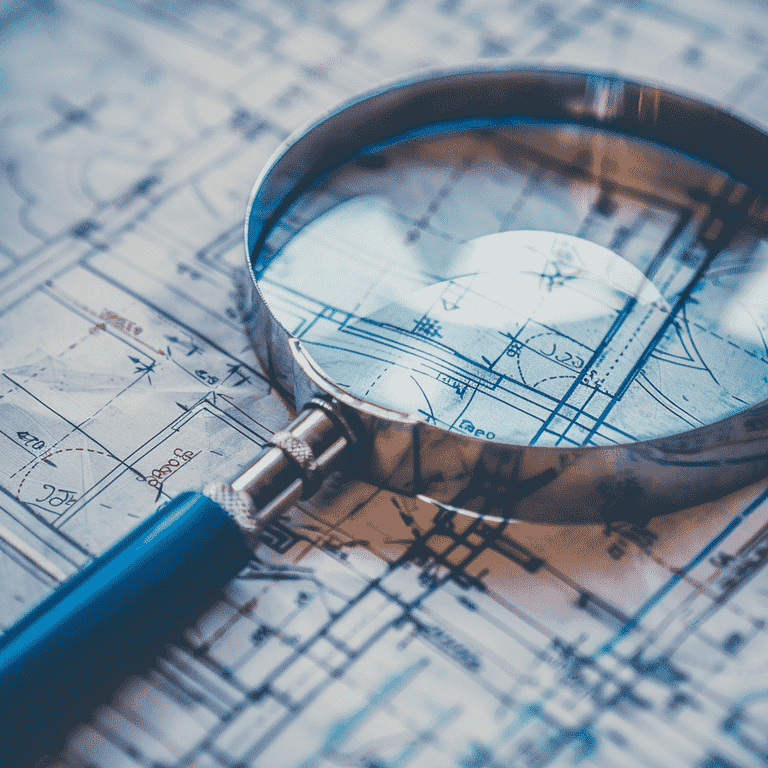
Proximate Cause
The proximate cause takes the concept of causation a step further. It’s about whether the type of injury was a foreseeable result of the defendant’s actions. This principle helps to limit liability. It applies to consequences that are a natural and typical result of negligence.
Definition and Importance in Negligence Cases
Definition: Proximate cause concerns whether the injuries sustained were a foreseeable outcome of the defendant’s actions.
Importance: It serves as a boundary for liability, ensuring that individuals are only held responsible for the foreseeable impacts of their actions.
Proximate Cause vs. Causation in Fact
While causation is about the direct link, proximate cause deals with foreseeability. To demonstrate negligence, you must prove both elements. They address different parts of the causal link.
Legal Considerations Specific to Las Vegas
The city’s unique environment in Las Vegas can influence the type of injuries that may occur. For example, some accidents might be more predictable there. This is the case in a city known for its entertainment and nightlife. Understanding local laws and precedents is crucial in arguing proximate causes effectively.
We’ve explored these sections thoroughly. This has laid the groundwork. It helps us understand the key parts of proving negligence in Las Vegas. Each case is unique. Your situation’s specifics can greatly change proving breach of duty. They change actual causation and proximate cause. Your next critical step is to hire a knowledgeable personal injury attorney. They should be familiar with Las Vegas law. They will help you navigate these complexities.

Damages
You have shown that the other party’s negligence caused your injury. Now, it’s time to talk about damages. This isn’t just about your medical bills’ numbers. It’s about the full range of losses you’ve had because of the accident. It is in the heart of Las Vegas, where the stakes are always high. Understanding the types of damages you can claim is crucial. They ensure you’re fully compensated for your losses.
Types of Damages in Negligence Cases
In personal injury law, damages have two main types: economic and non-economic damages.
Economic Damages: These are the tangible losses you’ve incurred, which can be quantified in monetary terms. They include medical expenses, lost wages, and property damage.
Non-Economic Damages: These are the intangible losses, which are more difficult to quantify. They cover pain and suffering, emotional distress, loss of enjoyment of life, and loss of consortium.
Calculating Damages in Las Vegas
Calculating damages in Las Vegas involves more than just tallying up receipts. It requires a comprehensive approach that considers both current and future losses. For example:
Future Medical Expenses: Estimating the cost of ongoing medical care.
Lost Earning Capacity: Calculating the impact of your injuries on your ability to earn in the future.
Non-Economic Damages in Nevada Law
Nevada law recognizes the profound impact of non-economic damages on a person’s life. These damages are subjective. But, your attorney can explain how much you suffer. They will do this to ensure fair pay.

Evidence and Documentation
Building a strong negligence case in Las Vegas isn’t just about telling your story. It’s about backing it up with solid evidence. The Strip’s glittering lights can’t hide the hard evidence. You need it to prove your claim.
Gathering Evidence for Your Negligence Case
The evidence you collect serves as the backbone of your case. Here’s what you need to gather:
Photos and Videos: Visual proof of the accident scene, your injuries, and any property damage.
Medical Records: Detailed documents showing the extent of your injuries and the treatment you’ve received.
Witness Statements: Accounts from people who saw what happened can be powerful in corroborating your version of events.
Essential Documentation for Proving Negligence in Las Vegas
Organizing your evidence is crucial in presenting a solid case. Essential documentation includes:
Police Reports: Official reports can lend credibility to your claim.
Employment Records: Documentation to support claims of lost wages or diminished earning capacity.
Expert Testimony: Specialists in fields like medicine or accident reconstruction can provide insights that bolster your case.
Role of Expert Testimony
Experts often change trials in Las Vegas. Cases there hinge on small details. Experts can help explain how the accident happened. They can also explain the extent of your injuries and the impact on your life. They will translate complex issues into plain terms. They will do this for the jury or insurance adjusters.
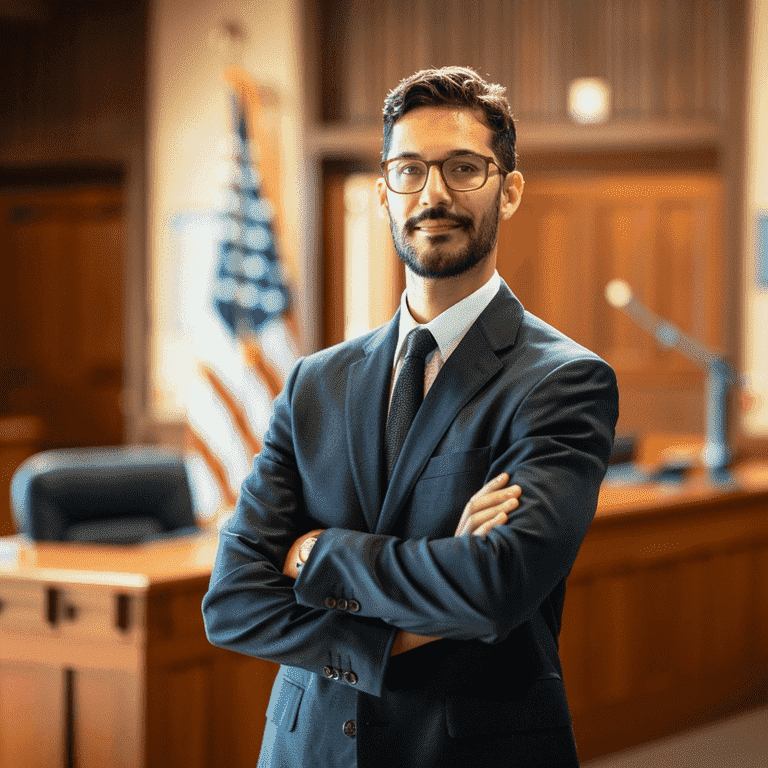
The Role of a Personal Injury Attorney
Navigating a negligence case in Las Vegas can feel as dizzying as a night out on the Strip. This is where a personal injury attorney is crucial. They guide you through each step with expertise and empathy.
How an Attorney Can Strengthen Your Negligence Case
A skilled attorney brings more to the table than just legal knowledge. They offer:
Strategic Advice: Helping you make informed decisions about your case.
Negotiation Skills: Battling with insurance companies to get you the compensation you deserve.
Courtroom Experience: Representing you in court, if necessary, to fight for your rights.
Navigating Las Vegas’s Legal System
Las Vegas’s legal landscape has its unique challenges and nuances. A local personal injury attorney understands these details. They know how to navigate them well. This is true for filing deadlines and local courtroom rules.
The Attorney-Client Relationship in Personal Injury Cases
You and your attorney build your relationship on trust and communication. They’re not just your legal advocate but also your ally. They offer support and understanding throughout a tough journey to recovery and justice.
We’ve explored proving negligence and seeking compensation in Las Vegas. It’s clear that the journey is complex. You now have knowledge about damages. You know the importance of evidence. You also understand the role of a personal injury attorney. This will help you navigate this process. Remember, you’re not just seeking pay. You’re seeking justice for the wrongs you’ve suffered. With the right support, you can achieve it.

Statute of Limitations in Nevada
The journey to justice has a deadline, known as the statute of limitations. This legal timeframe in Nevada dictates how long you must file a negligence case. It’s like a ticking clock. It shows the urgency of legal action to keep your right to compensation.
Understanding the Time Limits for Filing Negligence Cases
Personal Injury: In Nevada, you generally have two years from the date of the injury to file a lawsuit.
Property Damage: If the negligence case involves property damage, you have three years from the date of damage to file.
Impact of the Statute of Limitations on Your Case
Missing the deadline for the statute of limitations can be a critical mistake. It can result in losing your right to seek compensation, no matter how strong your case is. It’s a clear-cut rule with few exceptions, making it crucial to act promptly.
Special Considerations in Las Vegas
Given Las Vegas’s bustling environment, it’s easy for time to slip away. You may be dealing with medical care, insurers, or the stress of recovery. It’s crucial to keep this deadline in mind. Consult a personal injury lawyer as soon as possible to protect your rights.
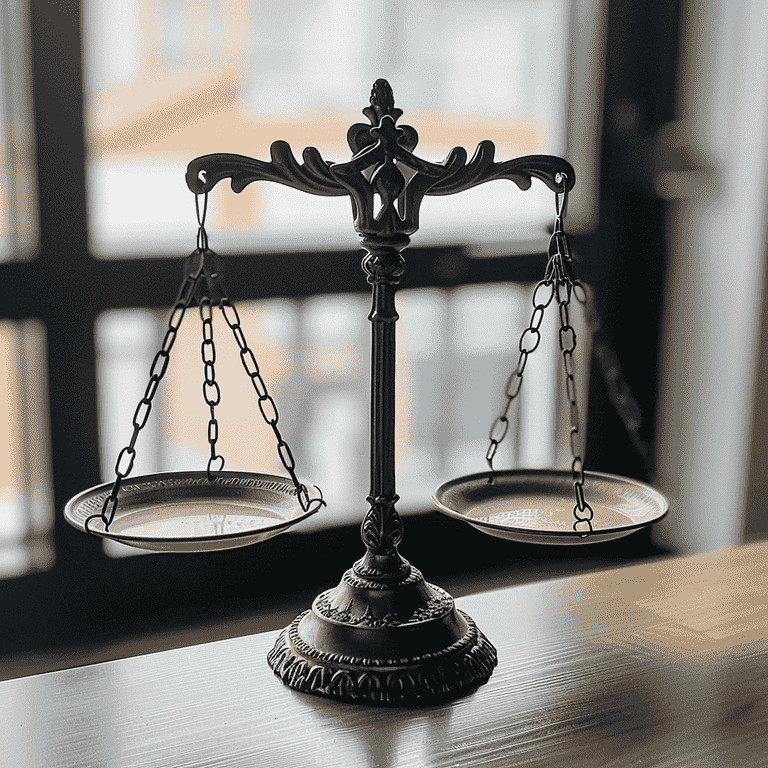
Comparative Negligence in Nevada
In some negligence cases, fault isn’t black and white. Nevada’s comparative negligence law acknowledges this complexity. It allows for compensation even if you’re partly at fault for your injuries.
Overview of Comparative Negligence Law
Definition: Comparative negligence reduces your compensation by your percentage of fault. For instance, if you bear 30% of the fault for an accident, the compensation you receive will be decreased by 30%.
50% Rule: Nevada follows a modified comparative negligence rule, meaning you can only recover damages if you are less than 50% at fault.
How Comparative Negligence Affects Your Las Vegas Negligence Case
This law ensures fairness. It adjusts compensation based on each party’s level of responsibility. But, it also means the opposing party (or their insurance) will likely try to blame you more. They will do this to pay less.
Strategies for Minimizing the Impact of Comparative Negligence
Your attorney can employ various strategies to minimize your fault percentage, such as:
Gathering comprehensive evidence: To demonstrate the other party’s more significant degree of fault.
Expert witness testimony: To support your account of the events and the extent of your injuries.
Effective negotiation: To argue against attempts by insurance companies to increase your fault percentage unfairly.

Selecting the Right Personal Injury Attorney in Las Vegas
Choosing an attorney is pivotal in your path to compensation and justice. In lively Las Vegas, finding the right lawyer means looking for someone who knows the law and gets you.
Criteria for Choosing a Personal Injury Lawyer
Experience: Look for a lawyer with a strong track record in personal injury law, specifically in negligence cases.
Local Knowledge: An attorney familiar with Las Vegas courts and laws can navigate your case more effectively.
Communication: Choose someone who communicates clearly and keeps you informed throughout the process.
Questions to Ask Potential Attorneys
“Can you share examples of similar negligence cases you’ve handled?”
“How do you approach the attorney-client relationship?”
“What is your fee structure, and how are expenses handled?”
The Importance of Local Expertise in Las Vegas Negligence Cases
Las Vegas has unique legal nuances. They include bustling casino injuries and local traffic accidents. We need an attorney with specific regional expertise. This knowledge can be the difference between a good outcome and a missed chance for justice.

Breaking It All Down
Starting a negligence case in Las Vegas can feel like navigating a maze. Legal complexities and deadlines fill it. You understand the basics of negligence. You know the importance of damages, the key role of evidence, and the details of Nevada’s laws. Now, you’re ready to take the first step toward justice. Choosing the right injury attorney raises your chance of success. They also give the support and guidance needed on this tough journey. Remember, your fight for compensation is more than a legal battle. It’s a step towards healing and closure after an ordeal that should never have happened.

More Frequently Asked Questions
What should I do immediately after an accident in Las Vegas to strengthen my negligence case?
After an accident, ensure your safety first, then:
Document the scene with photos or videos.
Gather contact information from any witnesses.
Even if injuries seem minor, seek medical attention to create a medical record.
Report the accident to the relevant authorities (e.g., police for a traffic accident).
Can I still file a negligence claim if I didn’t notice my injury until weeks after the accident?
Yes, you can still file a claim. But, it’s crucial to seek medical attention as soon as you discover the injury. Also, ask a personal injury attorney for help. They will ensure your claim follows Nevada’s time limit.
How can social media affect my negligence case in Las Vegas?
Posting about your accident, injuries, or recovery on social media can hurt your case. The defendant’s lawyers might use your posts. They would argue against the severity of your injuries or your level of fault. This could reduce your compensation.
If the person responsible for my injury in Las Vegas doesn’t have insurance, can I still pursue a negligence case?
You can still pursue a case, but collecting compensation might be more challenging. Your attorney can explore other ways to get compensation. They can file a lawsuit directly against the individual. They can also tap into uninsured motorist coverage, if applicable.
How long does a typical negligence case take to resolve in Las Vegas?
The duration of a negligence case in Las Vegas can vary widely. It can be a few months to several years. It depends on the case’s complexity. It also depends on the evidence amount. And, on if the case settles or goes to trial.
What happens if my negligence case in Las Vegas goes to trial?
If your case goes to trial, both sides will present evidence and arguments. A judge or jury will then decide on liability and damages. Trials can be lengthy and complex, requiring thorough preparation from your legal team.
Can I file a negligence claim on behalf of a loved one who was severely injured or died in an accident in Las Vegas?
Yes, in cases of severe injury, a legal guardian might file a claim on behalf of the injured party. If someone dies, the executor or close family may file a wrongful death lawsuit.
Is there a cap on damages for negligence cases in Las Vegas?
Nevada has damage caps for some damages. This includes caps on non-economic damages in medical malpractice cases. But, there is no general cap on damages for most personal injury negligence cases. This allows for total compensation based on the specific losses incurred.
What should I look for in a settlement offer for my negligence case in Las Vegas?
A fair settlement offer should cover all your past and future economic losses. It should also cover non-economic damages. These include pain and suffering and other injury costs. Consult with your attorney to evaluate the offer’s adequacy based on your circumstances.
Can I appeal the decision if I’m unsatisfied with the outcome of my negligence case in Las Vegas?
If you believe the court made a legal error, you can appeal the decision to a higher court. But, appeals can be complex and take time. So, it’s essential to discuss their possible benefits and drawbacks with your attorney.

Glossary
Negligence: The failure to take reasonable care to avoid causing injury or loss to another person.
Prima Facie Case: An initial set of critical elements in a legal case must be sufficient to establish the allegation if uncontradicted by the opposing party.
Duty of Care: A legal obligation imposed on an individual requiring adherence to a standard of reasonable care while performing any acts that could foreseeably harm others.
Breach of Duty: A violation or omission of a legal or moral duty.
Causation: In law, the causal relationship between conduct and result means that the conduct leads to the result.
Proximate Cause: A legal concept that refers to a primary cause of an injury, an action that, in a natural and continuous sequence, produces a particular result without which the result would not have occurred.
Damages: A sum of money awarded in compensation for loss or injury.
Economic Damages: Compensatory damages for a proven financial loss, quantifiable through documentation or calculation.
Non-Economic Damages: Compensation for non-financial losses, such as pain and suffering, that do not have a specific economic value.
Statute of Limitations: A law prescribing the period within which legal action must be taken.
Comparative Negligence: A principle of tort law that compares the fault of each party involved in an accident according to their respective contributions.
Personal Injury Attorney: A lawyer who provides legal representation to individuals who claim to have been injured, physically or psychologically, due to the negligence of another person, company, government agency, or any entity.
Settlement: An agreement between parties to resolve a legal dispute without proceeding to trial.
Trial: A formal examination of evidence by a judge, and typically a jury, to decide guilt in a case of criminal or civil proceedings.
Appeal: To apply to a higher court for a reversal of a lower court’s decision.
Wrongful Death Lawsuit: A legal action brought against someone who has caused a death, whether through negligence or as a result of some intentional action.
Liability: Legal responsibility for one’s acts or omissions.
Insurance Adjuster: An individual employed by an insurance company to evaluate and settle insurance claims, determining the insurance company’s liability and the extent of damages.
Medical Malpractice: A specific subset of tort law that deals with professional negligence by a healthcare provider that results in injury or death.
Loss of Consortium: Damages awarded to a spouse or family member for loss of companionship, support, and affection due to the injury or death of a loved one.
Property Damage: Physical damage to property, including tangible items and real estate.
Legal Guardian: An individual with the legal authority to care for another person’s personal and property interests, called a ward.
Expert Witness: A witness, typically a professional, is called to testify in court because of their expertise in a particular field relevant to the case.

Additional Resources for You
As you navigate through the complexities of personal injury law in Las Vegas, remember that you’re not alone. Our lead attorney, Molly Rosenblum, Esq., has diligently created a wealth of resources to assist you during this challenging time. These resources cover a wide range of topics and scenarios you might find yourself facing:
For comprehensive guidance on navigating personal injury claims in Las Vegas, visit our dedicated page: Las Vegas Personal Injury Attorney.
If you or a loved one has been involved in a car accident, find specialized support here: Las Vegas Car Accident Attorney.
Motorcyclists facing the aftermath of an accident can find tailored advice at: Motorcycle Accident Lawyer Las Vegas.
In the unfortunate event of a wrongful death, we provide compassionate legal assistance: Wrongful Death Lawyer Las Vegas.
For incidents involving larger vehicles, our truck accident expertise can be found here: Truck Accident Attorney Las Vegas.
And for those affected by incidents involving impaired driving, our dedicated resource is available: Las Vegas Drunk Driving Accident Attorney.
Molly Rosenblum, Esq., and the entire team at The Rosenblum Allen Law Firm are committed to providing you with the legal knowledge and representation you need. Each of these resources has been crafted to offer you insight, support, and the opportunity to seek justice for the wrongs you’ve endured.

Outside Resources for You
To further assist you in navigating the complexities of personal injury law and related fields, here are several offsite resources that you might find invaluable. Each of these resources offers a wealth of information on legal assistance, educational content, and support services:
American Bar Association (ABA): A premier resource for legal professionals and the public, offering guidance on various legal topics, including personal injury law. Visit ABA
National Highway Traffic Safety Administration (NHTSA): Provides extensive data on traffic safety, accidents, and preventive measures. Visit NHTSA
United States Courts: The official site for federal court information, offering insights into the legal process and resources for understanding how courts handle negligence and personal injury cases. Visit United States Courts
FindLaw: A comprehensive resource for legal information, including articles and tools for the public on personal injury and negligence laws. Visit FindLaw
Centers for Disease Control and Prevention (CDC) – Injury Prevention & Control: Offers resources and statistics on injuries and prevention strategies, beneficial for understanding the broader context of personal injury. Visit CDC – Injury Prevention & Control
Consumer Product Safety Commission (CPSC): Provides information on product recalls and safety tips to prevent injuries related to consumer products, which can be relevant in product liability cases. Visit CPSC
These resources can provide additional support and information as you explore your legal options and seek to understand more about your rights and the processes involved in personal injury cases.

A Special Message from Our Lead Attorney, Molly Rosenblum Allen, Esq

Dear Reader,
Thank you for taking the time to engage with our resources. I hope you found the information helpful. It explained the complexities of personal injury law. It also explained how they may relate to your situation. The Rosenblum Allen Law Firm is committed to providing legal expertise. We also offer compassionate support to those navigating tough times.
If you or a loved one is dealing with an injury’s aftermath, and are unsure of what steps to take next, I invite you to reach out to us. We know every situation is unique. We’re here to listen, give guidance, and help you understand your legal options.
Please schedule a free consultation with me. I am Molly Rosenblum Allen, Esq. You can do this by calling (702) 433-2889. We can discuss your case together. We can address any questions you have. We can explore the best path forward.
I am looking forward to the opportunity to assist you.
Warm regards,
Molly Rosenblum Allen, Esq.


